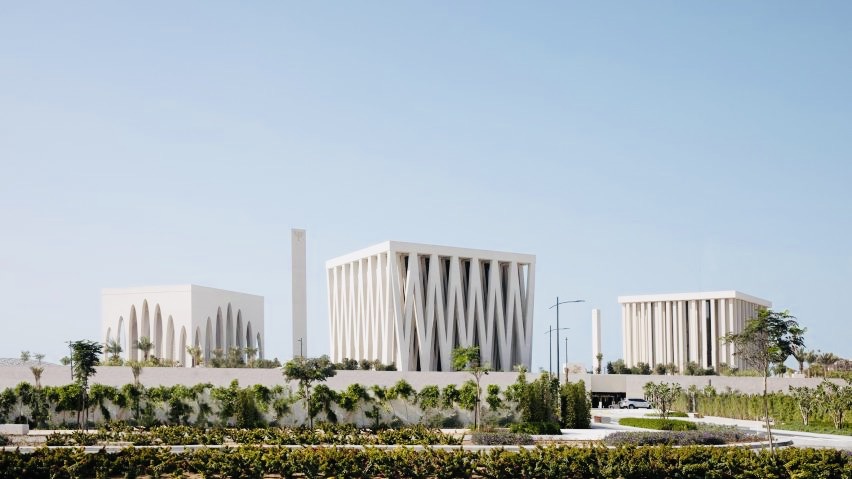Call it a beacon of peace and coexistence in the Middle East.
The Abrahamic Family House, a multi-faith sanctuary of worship in Abu Dhabi encompassing a mosque, a synagogue and a church, was inaugurated on February 16 and opened to the public on March 1.
Consisting of the Imam al-Tayeb mosque, the Moses Ben-Maimon synagogue and His Holiness Francis church, the complex in the United Arab Emirates was designed by the British-Ghanaian architect David Adjaye and his associates, and is named after Abraham, the forefather of Islam, Judaism and Christianity.
Regarded as a regional and global center of pluralism and interfaith education and engagement, it is designed to be a meeting place where Muslims, Jews and Christians can freely communicate and break down barriers as defined by religion and politics.
At a moment when antisemitism is surging, the cinders of the civil war in Syria are smouldering, and Israel’s protracted conflicts with the Palestinians and Iran are raging, the Abrahamic Family House is an uplifting antidote to divisiveness, chauvinism and hatred, though critics have accused its ruling elite of suppressing human rights.
That Abrahamic Family House is located in Abu Dhabi, a hub of trade and technology, is no accident.
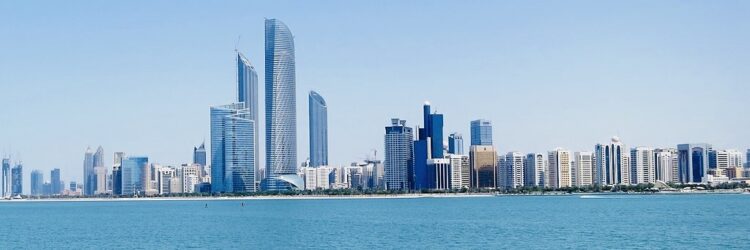
In August 202o, at the height of the coronavirus pandemic, the United Arab Emirates and three other Arab countries — Bahrain, Morocco and Sudan — signed the Abraham accords with Israel. These normalization agreements, the brainchild of Israel and the United States, were pushed to fruition by President Donald Trump and his senior advisor and son-in-law, Jared Kushner, both of whom should have been seriously considered for the Nobel Prize for the advancement of peace.
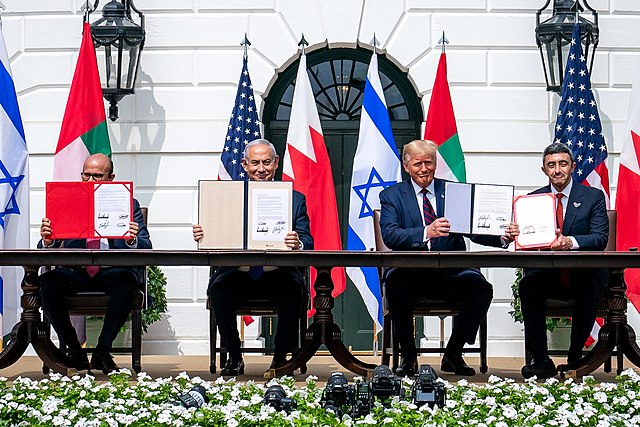
Since then, Israel and the United Arab Emirates, in particular, have fleshed out their burgeoning relationship through agreements in tourism and commerce and partnerships in technology and security.
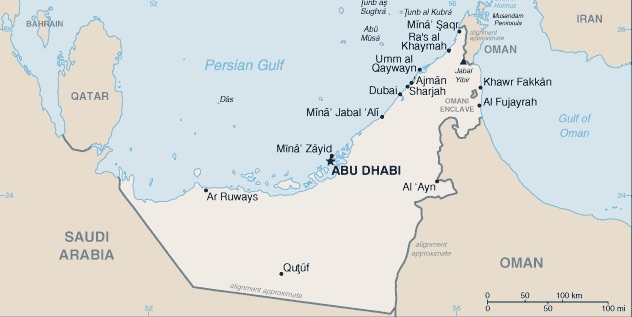
The ties they have formed in less than three years are truly amazing, easily surpassing the links Israel has established with Egypt and Jordan, the first two Arab states to sign peace treaties with the Jewish state.
By all accounts, the concept of the Abrahamic Family House took root in 2019, when the Abu-Dhabi-based Muslim Council of Elders organized the Human Fraternity Meeting.
Attended by Pope Francis during the first papal trip to the Arabian Peninsula and the grand imam of Egypt’s Al-Azhar mosque, Ahmed al-Tayeb, the forum promoted inter-faith dialog and coexistence and denounced political extremism, a relatively common phenomenon in the Middle East.
In the wake of their respective visits, the United Arab Emirates announced that the Abrahamic Family House would be built. It also sponsored the publication of Celebrating Tolerance: Religious Diversity in the United Arab Emirates, a book which profiled its small, unobtrusive Jewish community.
Covering an area of 7,700 square meters, the Abrahamic Family House is comprised of three cubic houses of worship of equal size with courtyards and water features. Each building, however, is unique in its architectural arrangement. The buildings are connected by an elevated garden, a shared space of encounter and connection. Sunlight enters each building at a different time of the day.
The Moses Ben-Maimon synagogue, the first new shul in the Arab world in almost a century, is named after Maimonides, the twelfth century Jewish philosopher, and is oriented toward Jerusalem.
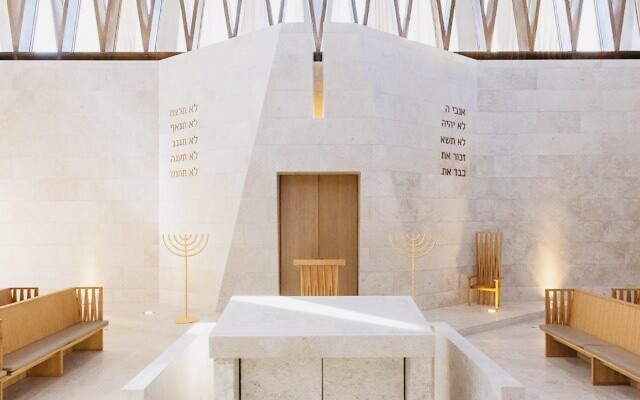
It was officially opened on February 16 by United Arab Emirates President Sheikh Mohammed bin Zayed al-Nahyan, who tweeted, “The UAE has a proud history of people from diverse communities working together to create new possibilities. We remain committed to harnessing the power of mutual respect, understanding and diversity to achieve shared progress.”
The event attracted, among others, the chief rabbi of Britain, Ephraim Mirvis, who affixed a mezuzah at one of the entry doors of the synagogue; Rabbi David Rosen, the American Jewish Committee’s director for international inter-religious affairs; Houda Nonoo, Bahrain’s former ambassador to the United States and a member of its Jewish community, and Rabbi Levi Duchman, a resident of Abu Dhabi since 2014 who was instrumental in establishing the first kosher supermarket and the first Jewish nursery in the United Arab Emirates.
As one observer has pointed out, the Ben-Maimon synagogue will be the core of Jewish life in Abu Dhabi. It will host Jewish community events, holiday celebrations and lifecycle events such as bar mitzvahs and weddings.
Avi Berkowitz, a U.S. diplomat who worked on the Abraham accords, was married in the synagogue last month.
By any yardstick, the Abrahamic Family House is bound to set an excellent example to Arab countries that wish to abide by the principles of tolerance, diversity and coexistence.
